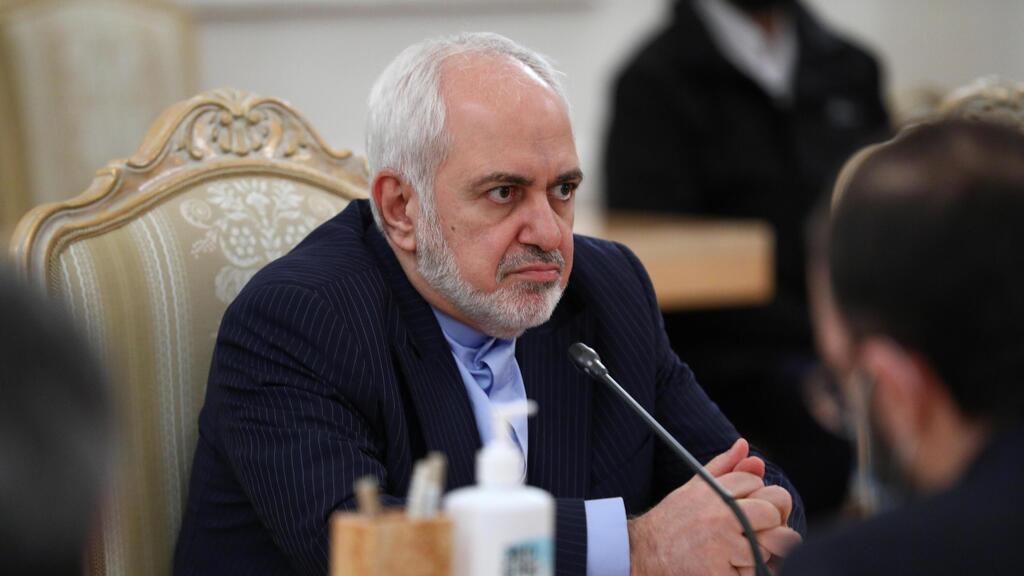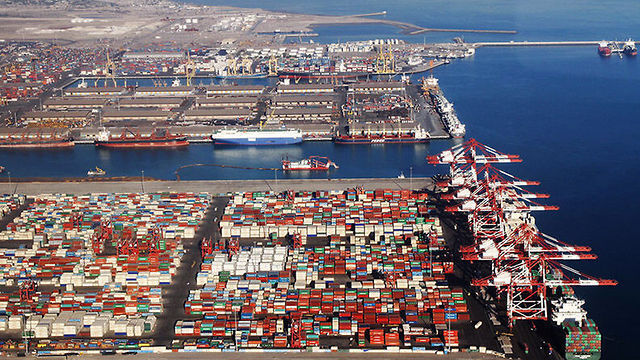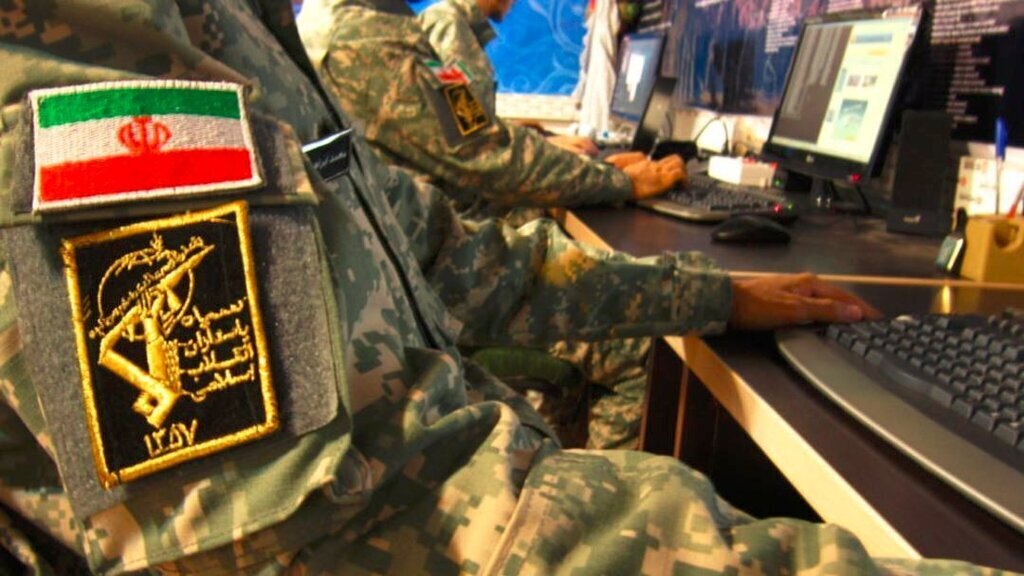Getting your Trinity Audio player ready...
Cybersecurity expert Ram Levi warned on Thursday that Israel was unprepared for a cyberwar with Iran.
Levi has been involved in most cyber events in Israel in recent years, many of them only revealed of late.
The Konfidas CEO said a cooperation agreement between Iran and Russia on cyber, poses new dangers that must be addressed.
The agreement signed late in January aims, according to the Iranian Tasnim news agency, to coordinate the two country's efforts in combatting cybercrime, cybersecurity, information technology for national security and intelligence.
4 View gallery


Iranian Foreign Minister Mohammad Javad Zarif during a meeting with Russian Foreign Minister Sergey Lavrov in Moscow in January
(Photo: Russian Foreign Ministry)
"The document gives us the opportunity to coordinate our activities given the growing importance of cyber issues and their increasing impact on international relations, as well as on situations in various countries," Russian Foreign Minister Sergey Lavrov said.
Levi warned the agreement could bolster Iran's defensive and offensive cyber capabilities.
"The Iranians will enjoy new technologies that will be directed against Israel, but what should worry us most is the eventual sharing of intelligence between the two countries," he said.
"Israel must be aware and vigilant," Levi said. "Steps must be taken to protect our economy and the Iranian attacks of December show how vulnerable our businesses are."
4 View gallery


The Shahid Rajaee port facility near the Iranian coastal city of Bandar Abbas
(Photo: Iran Ports and Maritime Organization)
The Israeli insurance company Shirbit came under attack last month and the personal information of thousands of customers was released online.
Iran came under cyber attack over the weekend, levy said, manifesting in a string of embarrassing malfunctions.
Residents of the capital and news agencies reported sirens all over the city, power outages and even an air defense missile being launched.
The international airport website was blocked as were the sites of the Iranian Atomic Energy Commission, the police and Iran's largest mobile phone operator.
Although the authorities claimed the mishaps were a result of a technical malfunction and refrained from blaming the U.S. or Israel, others attributed the problems to a state-sponsored cyberattack.
Levi tends to agree with the latter's assumption. " We see no evidence of an attack, but I remember an incident that took place a few months ago when Iran's four major ports came under attack and besides their internet access being blocked, important information was hacked and posted on telegram," he said.
Asked if Israel's ports are also compromised Levi said they are considered critical infrastructure so he believes they are secure but adds,
"When Tehran wanted to avenge the attack on their ports and was unable to strike ours, they went to a service provider for the customs authorities and succeeded in delaying some of the maritime traffic. This is a step up for them as was their attack on water and sewage infrastructure during 2020. The problem is that we have not improved our defenses of such infrastructure," he said.
4 View gallery


Israeli water desalinization plant that has come under Iranian cyberattack in May 2020
(Photo: AP)
"The key is regulation," he said. Insisting companies must be compelled to take a particular action. Thus far, he points out, the only regulation in place is aimed at privacy concerns but that, he believes is not enough.
"The regulator is weak," Levi said, there is a fight right now with the Likud party after it failed to secure the voter role. The government must define what it considered vital infrastructure and act accordingly," he said.
"This requires money and companies that are ready to make the investment understand the risk they are facing," Levi said.
Levi has been involved in most cyber events in Israel in recent years, many of them only revealed of late.
First published: 18:13, 02.04.21


